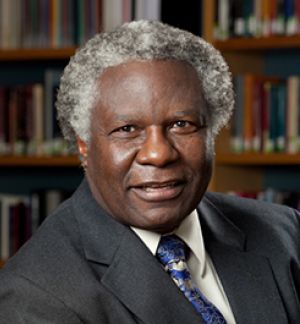KENYA’S RECENTLY-ADOPTED Media Bill has been noted to contain some useful provisions. It is also being roundly condemned for demanding disclosures that would impede the press from acting freely.
It is not the content of the Bill that is important. What is at stake is
the original intent of seeking to pass laws to control the media through
statutory bodies.
The temptation to control the press has become a common feature in emerging African democracies. This is often stopped by the actions of enlightened judiciaries and resistance from the press.
In 1997, for example, the Zambian High Court struck down an irreverent law seeking to create a statutory body to regulate journalists. In Tanzania, the press has forced the government to hold back a Bill creating a council to regulate their work.
But such efforts to control the press will be rendered irrelevant by three
major factors: the irreversible march of democracy; advances in technology; and the globalisation of information.
African countries would be better served by finding ways to build capacity to manage these forces rather than resort to outmoded restrictive practices.
Freedom of expression has become a major force in democratic transition around the world. This is reflected in the growing strength of the free press.
Advances in information and communications technologies have helped to decentralise the press, making political control futile.
The spread of Internet and web capabilities have added radically new
capabilities to the toolbox of the press. While tools like podcasting and
blogging have expanded the space for free expression, they have also
increased the potential for political mischief.
THE GROWING USE OF THESE technologies is compounded by the expansion of global media networks that are beyond the control of even the most powerful nations.
Offshore radio stations have been replaced by online podcasts from distant Web sites. Government policing and legal sanctions are no longer effective against the decentralised and instantaneous impact of blogging. Instead, voluntary efforts are underway to develop codes of conduct among bloggers.
Raiding newsrooms to seize printing equipment will be a thing of the past in an increasingly decentralised and globalised media. Tools like text messaging have become an important force in politicalcommunication and will continue to defy state control.
Much of what appears as political mischief by the press is largely a result of poor training and limited opportunities for professional advancement.
Much of Africa still relies on a small number of journalism schools as
sources of trained personnel. Many of these schools have not upgraded their curricula to reflect the growth in technology and globalisation of
information.
In most cases, media houses rely heavily on people who acquire the
necessary expertise on the job. They are also increasingly relying on
correspondents who are not under direct control of news editors.
Restrictive laws are a poor substitute for professional development.
Media houses in Nairobi, for example, could use some of their resources to help create a world-class training facility on the new media. Such a facility could also play a key role in educating political leaders and the general public on the new media and their role in society.
Prof Juma teaches at Harvard University’s Kennedy School of Government where he directs the Science, Technology and Globalisation Project.
Juma, Calestous. “Attempts to Control News Futile.” The Daily Nation, August 13, 2007





